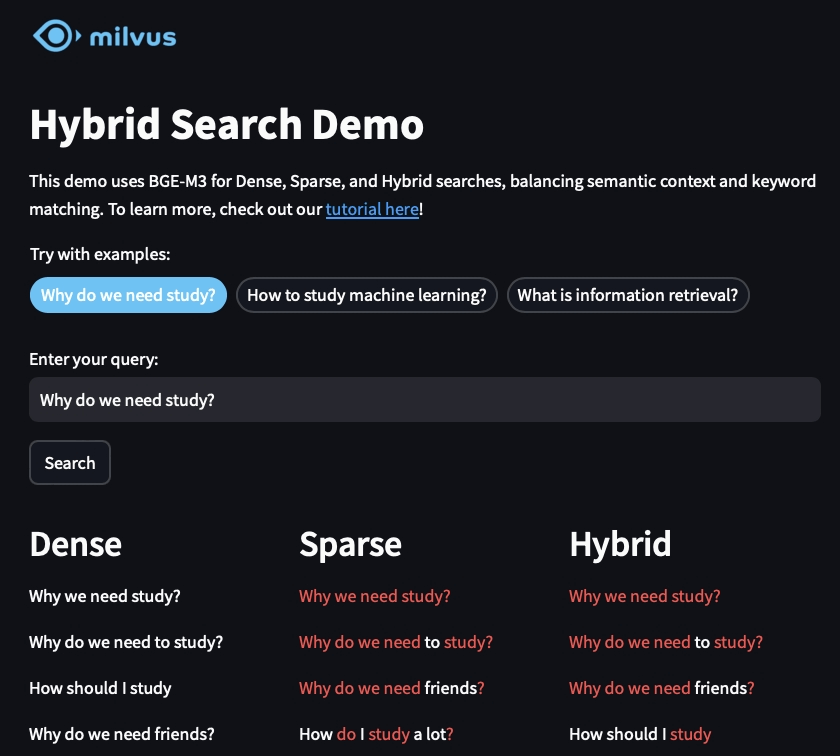Contextual search significantly enhances search results by understanding and leveraging the context in which a query is made. Traditional search systems typically rely on keyword matching, which can often lead to irrelevant or incomplete results because they do not consider the broader context of the query. In contrast, contextual search employs advanced algorithms, often using vector databases and machine learning techniques, to comprehend the intent behind a query, the nuances of language, and the relationships between different pieces of information.
One of the primary advantages of contextual search is its ability to interpret the meaning behind words rather than just their literal presence in a document. This involves analyzing the semantics of the query and the content, which allows the system to recognize synonyms, related concepts, and even the sentiment expressed. For instance, when searching for “best restaurants,” a contextual search system can understand that the user is likely looking for recommendations, reviews, or popular choices rather than a historical overview of all restaurants.
Additionally, contextual search can personalize results by considering user-specific data such as past search behavior, location, and preferences. This personalization ensures that the search results are not only relevant in terms of content but also tailored to the individual user’s needs. For example, if a user frequently searches for vegan options, the search system can prioritize vegan restaurant recommendations in their results.
Contextual search also excels in disambiguating queries that might otherwise be confusing. In cases where a word or phrase has multiple meanings, the system uses context to determine the most likely interpretation. For example, the word “apple” could refer to the fruit or the technology company. A contextual search engine might use surrounding keywords, user history, or even time of year to infer the correct meaning.
In the realm of vector databases, contextual search leverages embeddings, which are numerical representations of data that capture semantic meaning. These embeddings allow for the comparison of the query and potential results in a multi-dimensional space, where proximity indicates relevance. This approach enables the retrieval of related content even if the exact keywords are not present, thus improving the breadth and quality of the results.
Overall, contextual search improves search outcomes by delivering more accurate, relevant, and personalized results. It transforms the search experience from a simple keyword match to an intelligent process that understands user intent and content meaning. This advancement not only enhances user satisfaction but also increases efficiency by reducing the time spent sifting through unrelated or less useful results. As technology continues to evolve, contextual search represents a critical step forward in making information retrieval more intuitive and effective.
